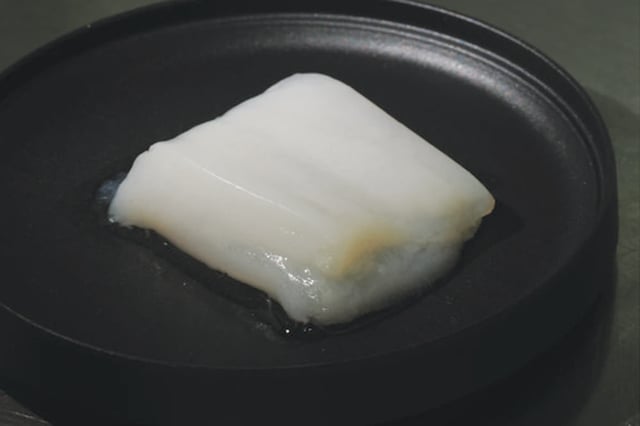Overview
- The University of Tokyo team developed a hollow-fiber bioreactor inspired by medical devices to deliver nutrients like blood vessels in living tissue.
- This system enabled the production of over 10 grams of lab-grown chicken with realistic muscle texture and firmness, moving beyond unstructured pastes.
- Fibroblast cells were used to create connective tissue, achieving a convincing whole-cut chicken prototype.
- The advance highlights potential environmental, ethical, and safety benefits, offering a farm-free alternative during rising concerns over bird flu and sustainability.
- Challenges remain in refining oxygen delivery, automating fiber removal, and transitioning to food-grade materials for large-scale production.

